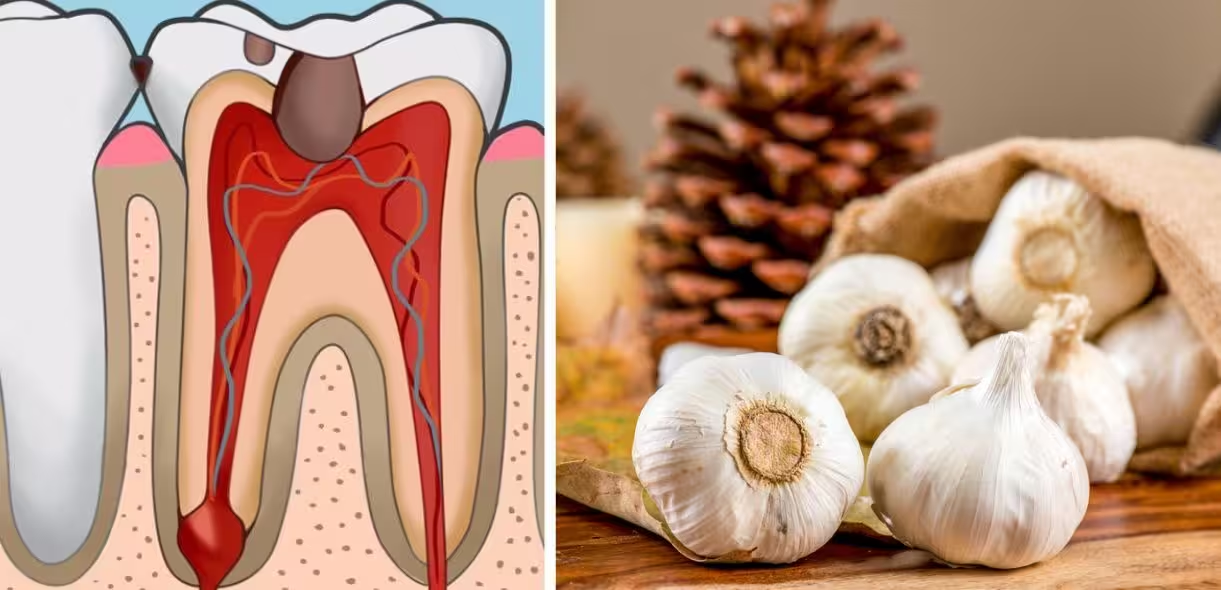Toothache can be incredibly uncomfortable, often leading to sleepless nights and difficulty concentrating. While it’s crucial to consult a dentist for persistent pain, there are several effective home remedies you can try to alleviate discomfort. Here are five tips to help you manage toothache until you can see a professional.
1. Rinse with Warm Salt Water
A simple and effective remedy for toothache is a warm salt water rinse. Salt has natural antibacterial properties and can help reduce inflammation. Mix about half a teaspoon of salt in a cup of warm water and swish it around your mouth for about 30 seconds before spitting it out. This can help cleanse the affected area and ease pain temporarily.
2. Use Cold Compresses
Applying a cold compress to the outside of your cheek can provide relief from tooth pain. The cold helps numb the area and reduces swelling. Wrap ice in a cloth or use a cold pack, and apply it to the affected area for 15-20 minutes at a time. This can be especially helpful if the pain is due to inflammation or trauma.
3. Try Over-the-Counter Pain Relievers
Non-prescription pain relievers such as ibuprofen or acetaminophen can be effective in managing toothache. Always follow the dosage instructions on the package, and avoid placing aspirin directly on the tooth or gums, as this can cause burns. If you have any health concerns or are taking other medications, consult with a healthcare professional before taking pain relievers.
4. Clove Oil Application
Clove oil is renowned for its natural analgesic and antibacterial properties. To use it for toothache relief, soak a cotton ball in clove oil and apply it directly to the painful area. Alternatively, you can mix a few drops of clove oil with a carrier oil, such as olive oil, before applying. The active ingredient, eugenol, can help numb the pain and reduce inflammation.
5. Maintain Good Oral Hygiene
While it may seem counterintuitive if you’re already in pain, maintaining good oral hygiene can prevent further discomfort. Gently brush your teeth and floss to remove any food particles or plaque that may be exacerbating the pain. Be sure to use a soft-bristled toothbrush to avoid irritating sensitive areas. Rinsing with an antibacterial mouthwash can also help keep your mouth clean.
Conclusion
While these tips can provide temporary relief from tooth pain, they are not substitutes for professional dental care. If your toothache persists or is accompanied by other symptoms, such as fever or swelling, it’s important to see a dentist as soon as possible. Remember, early intervention can prevent more serious issues down the line. Take care of your oral health, and you can enjoy a pain-free smile!

